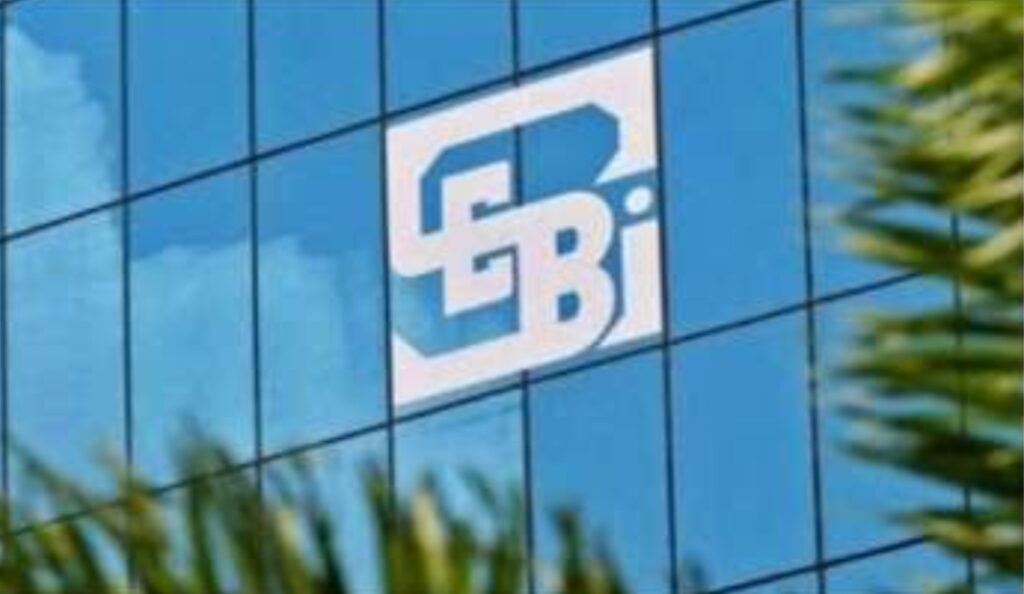The Securities and Exchange Board of India (SEBI), India’s capital markets regulator, has proposed a significant amendment to its IPO framework, aiming to strengthen transparency and reduce risks associated with physical shareholdings. In a recent consultation paper, SEBI suggested that all key stakeholders of a company—especially those involved in its pre-IPO phase—must hold their shares in dematerialised (demat) form before the company files its draft red herring prospectus (DRHP) for an Initial Public Offering (IPO).
Key Highlights of SEBI’s Proposal
As per the proposal, the mandatory demat requirement will now extend beyond promoters to include:
- Directors
- Key Managerial Personnel (KMPs)
- Senior Management
- Selling Shareholders
- Qualified Institutional Buyers (QIBs)
- Domestic Employees
- Shareholders with Special Rights
- Registered Stock Brokers
- Non-Systemically Important NBFCs
- Other Regulated Entities
This marks an expansion of the existing guidelines under the SEBI (Issue of Capital and Disclosure Requirements) Regulations, 2018, which currently require only promoters to hold shares in demat form before an IPO.
Why Is SEBI Making This Move?
SEBI’s proposal is driven by concerns over the continued existence of physical share certificates among critical stakeholders of companies going public. Despite the digitalisation of securities markets and existing demat mandates, many key stakeholders—including top executives, institutional investors, and employees—still hold shares in physical form. This leads to several challenges, including:
- Risk of loss or theft of physical share certificates
- Possibility of forged or duplicate certificates
- Delays in share transfers
- Compliance and tracking issues post-listing
By enforcing dematerialisation at the IPO stage, SEBI aims to improve operational efficiency, bolster investor protection, and ensure smoother post-IPO share transactions.
Expected Benefits of the Demat Mandate
- Enhanced transparency and governance in IPO processes
- Reduction in risks associated with physical documentation
- Streamlined share transfer procedures
- Greater regulatory compliance and data integrity
- Increased investor confidence in listed companies
Scope of Applicability
If implemented, the new regulations would require companies to confirm that all shares held by the aforementioned stakeholders are in demat form prior to filing their IPO offer document with SEBI. This would be a precondition to proceed with the IPO process, thereby closing the current regulatory loophole.
Additionally, regulated entities such as stock brokers and certain NBFCs holding shares in the issuer company would also be required to convert those holdings into demat form before IPO submission.
Public Feedback Invited
SEBI has opened the floor for public consultation on this proposal and has invited comments and suggestions until May 20, 2025. Stakeholders, investors, legal experts, and market participants are encouraged to share their views on the proposed demat mandate.
Conclusion
SEBI’s move to tighten IPO regulations by making demat accounts compulsory for a broader class of shareholders represents a forward-thinking step toward full digitalisation and enhanced market safety. This proposal, if adopted, could significantly transform how companies prepare for public listings, ensuring a cleaner, safer, and more efficient capital market ecosystem in India.

